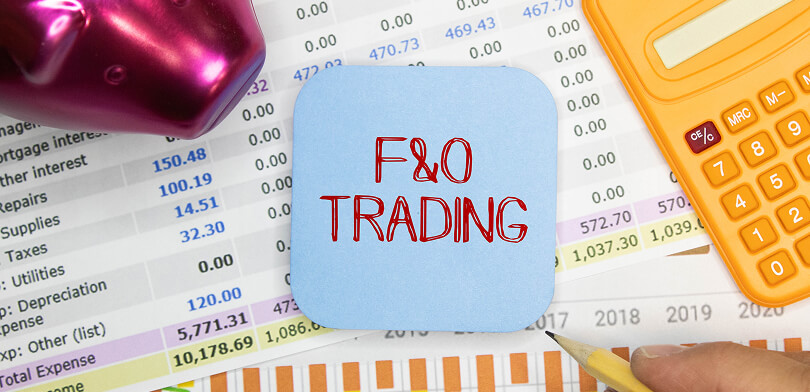Tax can be tricky with lots of terms to understand. One commonly confusing concept is understanding the difference between TDS and TCS. Don’t worry; in this guide, we’ll break down and clarify these terms so that they become easy for you to grasp.
What is TDS?
TDS, which signifies Tax Deducted at Source, functions as an advanced tax collection method. When an individual or firm gives you money, a portion of it, representing tax, is immediately forwarded to the government. Think of it as instantly allocating a slice of your income to ensure you’re not burdened with substantial tax dues later. Rather than settling your entire tax amount at once later on, small sums are consistently deducted as you earn. This approach not only simplifies tax management for you but also guarantees the government’s timely tax collection.
What is TCS?
TCS, short for Tax Collected at Source, is a method where sellers take a small amount of tax from buyers when they sell certain goods or services. Just like when you buy something and a little extra is added to the price, that extra is the TCS. The sellers then take this extra amount and give it to the government. So, when you’re buying special items or services, you’re also helping pay a small bit of tax right then and there. The seller ensures that this tax reaches the government. By doing this, the government gets the tax money immediately when a sale happens.
Begin your investing journey today. Your Demat account is the first step.
Difference Between TDS and TCS
Understanding Tax Deducted at Source in Detail
-
Nature
Every time a TDS-eligible payment is on the table, the person or entity making the payment cuts a specific percentage from the total due. This sum is then submitted to the government, while the beneficiary receives the balance.
Recommended Read: A Guide to Tax Saving Options
-
Responsible Entity
The duty to extract this tax and submit it to the government falls on the individual or entity making the payment. To illustrate, if an organization pays its staff, it will subtract the TDS, relay it to the government, and the staff obtains the residual pay.
-
When Does it Take Place?
It’s vital to note that TDS isn’t universally applied. It’s only specific transactions, as pinpointed by tax guidelines, that experience TDS deductions. For example, during monthly wage disbursements or when an invoice amount is settled.
-
Objective
TDS primarily exists to make certain that the government starts receiving its due share of income tax right from the get-go and doesn’t have to hold off until the fiscal year wraps up.
Recommended Read: Long Term Capital Gains Tax
-
Scope
TDS comes into play for varied earnings such as monthly wages, interest accumulated, or commissions obtained. However, it’s only triggered if these earnings go beyond a stipulated limit. These limits and rates are stipulated by the prevailing tax regulations.
Understanding Tax Collected at Source in Detail
-
Nature
In TCS, when a buyer purchases certain goods or services, the seller collects an additional amount as tax. This collected amount is then remitted to the government.
-
Responsible Party
Here, the responsibility is on the seller. Every time they sell specific goods or services, they need to collect this tax from the buyer.
-
When is it Applied?
TCS is levied at the point of sale. When you buy goods or services where TCS applies, you’ll notice this as an added amount on your bill.
Recommended Read: NSDL and CDSL – Key Differences
-
Purpose
TCS ensures that tax is collected right at the moment when transactions for certain goods or services happen, giving the government immediate access to these funds.
-
Applicability
Unlike TDS, which is broader in application, TCS is more niche. It’s applied only to certain goods or services, and the list of these is defined by taxation rules
| Features | TDS | TCS |
| Nature | Tax is deducted from the income by the payer before handing over the payment to the payee. | Tax is collected by the seller directly from the buyer when a sale takes place. |
| Responsible Party | The person or entity making the payment, such as an employer paying a salary or a client. | The seller or the business conducting the sale of specific goods or services. |
| When is it Applied? | It is deducted when payments like salaries or invoices are being processed. | It is collected right at the moment or point when a sale happens. |
| Purpose | The aim is to ensure that a portion of the income tax is sent to the government immediately. | It’s a method to collect tax immediately when certain goods or services are sold. |
| Applicability | It applies to incomes that exceed certain specified limits set by tax authorities. | It applies to specific goods or services as determined by taxation guidelines and rules. |
Conclusion
To conclude, while both TDS and TCS serve the purpose of ensuring timely tax collection for the government, they differ in their nature, application, and the parties responsible. Grasping the distinction between the two is vital for accurate tax compliance and financial management.

















